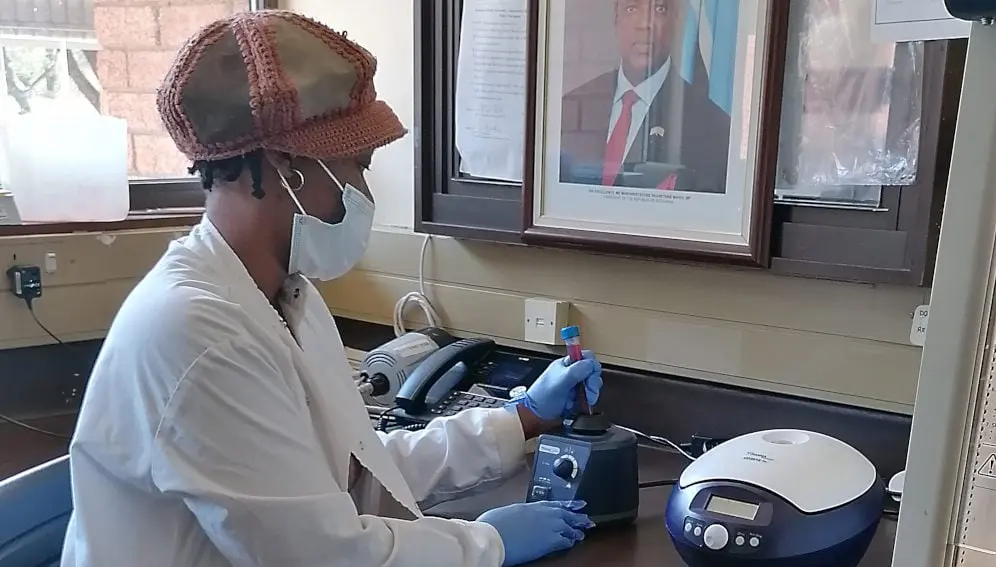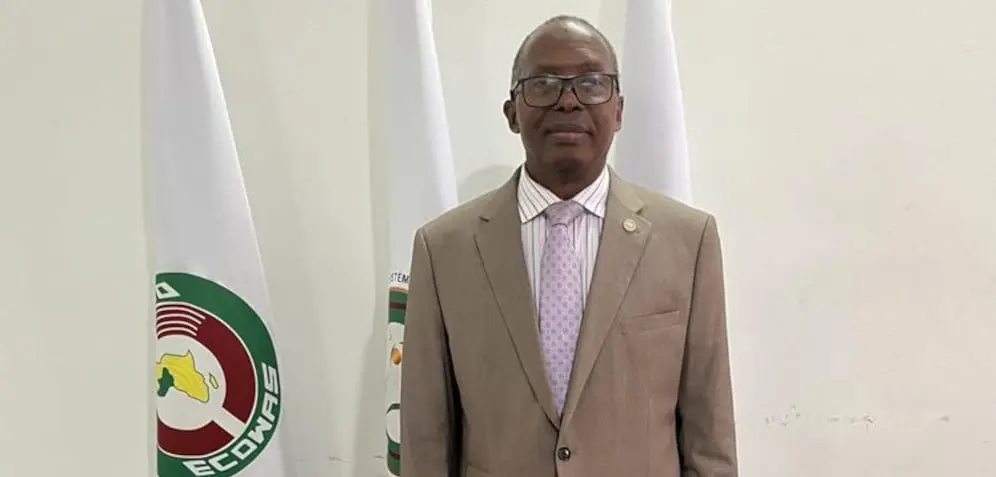SGCI News
Developed in Burkina Faso, this digital solution reduces the risk of prescribing drugs that are incompatible with each other or unsuitable for the patient’s health. Fast playback This application, developed…

Developed in Burkina Faso, this digital solution reduces the risk of prescribing drugs that are incompatible with each other or unsuitable for the patient’s health.
| Fast playback |
| This application, developed by the medical informatics laboratory, lists over 4,000 drugs. |
| Its user-friendly options help doctors avoid medication errors |
| For the experts, if its use is popularized, it will revolutionize patient care. |
By Abdel Aziz Nabaloum
The Medical Informatics Laboratory (LINFOMED) in Burkina Faso has developed an application called APURMED (Application pour l’usage rationnel du médicament – Application for the rational use of medicines), which can be used to retrieve scientific data on a drug, search for its equivalents and analyze a medical prescription.
“It’s a question of seeing whether a drug associated with another drug on a prescription is compatible or not, and analyzing whether a prescribed drug is contraindicated or not with the patient’s profile,” explains Bienvenu Tinguéri, pharmacist-biologist, clinical pharmacology specialist and LINFOMED coordinator.
The idea of developing APURMED arose from the observation that the availability of medicines was “low” and their use “not rational” in Burkina Faso.
“As we learned more about drugs, we realized that almost half of all prescriptions pose serious problems of avoidable medication errors,” says Bienvenu Tinguéri.
“It’s important to improve prescriptions for better care. That’s why we thought that the lever we needed to activate would be the rational use of medicines”, explains the LINFOMED coordinator.
Downloadable from Playstore, the application is designed for healthcare professionals, public and private healthcare establishments, etc., to help them improve medical prescriptions.
Bienvenu Tinguéri points out that it lists over 4,000 drugs, with options for analysis, prescribing, interactions and equivalence searches.
“For available medicines, their use is marred by a number of shortcomings, such as errors in prescribing, dispensing, compliance, wastage and stock-outs,” he laments.
“Human-related medical errors are potentially avoidable. However, we believe that human capabilities are insufficient for the rational use of medicines, due to the sheer number of drugs and their properties. This is why we have proposed this digital solution”, he adds.
Once the application had been designed, it was successfully tested at the Remedis pharmacy in Bobo-Dioulasso, Jobber in Ouagadougou and Zoodo in Koudougou.
Gérard Bationo, a pharmacist with the Ministry of Health’s Laboratory Department, is one of APURMED’s users. For him, it’s a very useful application, and its use will contribute to more “rational” use of medicines.
“Queries are answered quickly and use is straightforward, no training needed for this in principle. You just need a little explanation and access, but you still need to be familiar with healthcare concepts. What’s more, it incorporates a number of parameters of professional interest concerning the drug,” he asserts.
According to the latter, APURMED is “the first application in Burkina Faso that can analyze a medical prescription and quickly make a decision for optimal use of medicines”.
For example,” explains Gérard Bationo, “thanks to the results of prescription analyses, we can prevent a risky drug interaction in a patient, as well as a combination of incompatible drugs.
For, he explains, “detailed information on the use of the drug is available, as well as the possibility of searching for drug equivalents, and finding out the estimated or indicative cost of a treatment”.
“All this seems to me to be very important and decisive in therapeutics. APURMED can undoubtedly change habits, contribute to ongoing training on medicines, and have a positive impact on treatment and therefore our healthcare system, if it is adopted and popularized”, concludes Gérard Bationo.
The application was developed under the auspices of the Scientific Research Granting Agencies Initiative (SRGI).
Related News
Botswana’s Commitment to Research: Laying the groundwork for innovation
Although Botswana does not yet have a dedicated science agency, it has demonstrated a strong commitment to research and innovation through active participation in the Science Granting Councils Initiative (SGCI). In this video interview, Lesego Thamae, Deputy Permanent Secretary at the Ministry of Communications, Knowledge…
Space innovation in Africa tackling local problems
Africa’s space sector, while valued at US$22.64 billion in 2024, is still in its early stages—but scientists say it holds significant promise for addressing some of the continent’s development issues. In this episode of Africa Science Focus, reporter Michael Kaloki explores how space research and…
An interview with Dr Samba Sesay on how NSTIC -SL is improving the quality of life through science and technology
This video previews the ongoing efforts of the National Science Technology and Innovation Council of Sierra Leone (NSTIC-SL), a young council established in 2020. Dr. Samba Sesay, Programme Implementation Manager, explains that NSTIC-SL’s core mission is to enhance the quality of life for Sierra Leonean…




